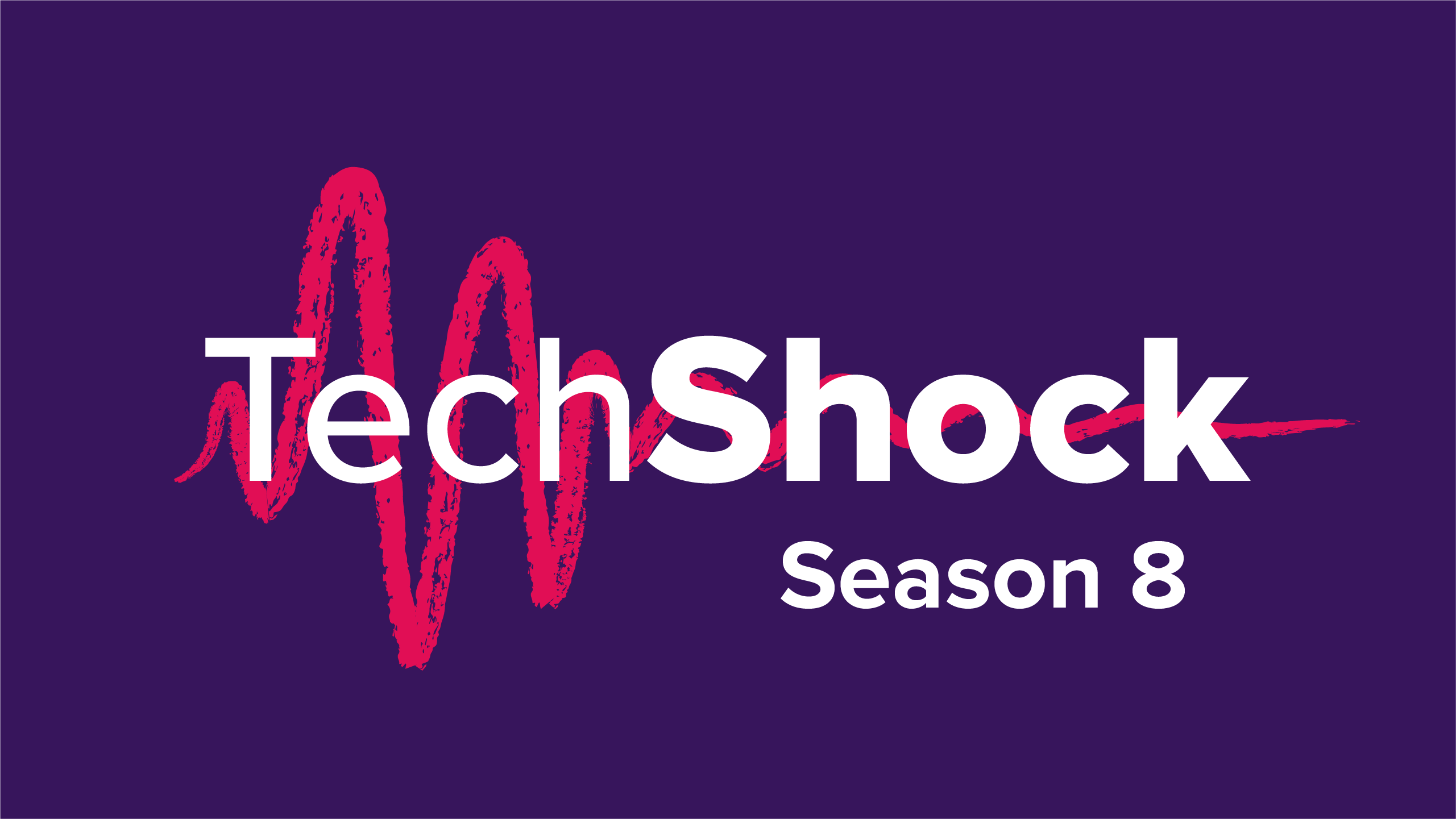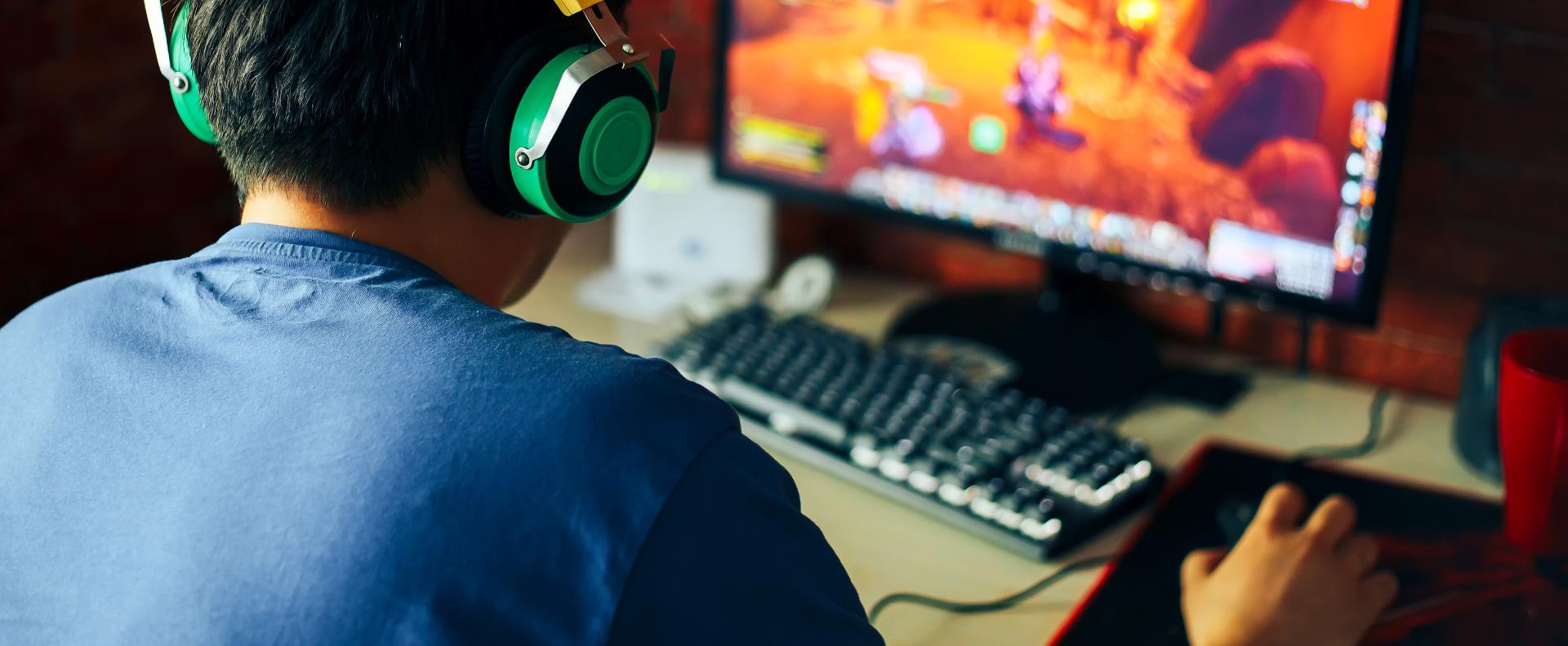“We need fresh thinking for a family-friendly digital world”
In a new blog, Parent Zone CEO and founder Vicki Shotbolt reviews the draft Online Safety Bill and calls for parents to be given greater consideration.
![]()
This is probably the busiest time of year for parents.
Work is frantic, especially if you work in one of the industries directly impacted by the festivities. One of our team members performs in a professional panto every year. Goodness knows how he finds time to do the gift shopping, wrapping and hiding. I suspect his partner might hold the clue.
Technology is almost certainly going to feature in most families' wish lists – whether it’s a smart speaker that mum wants despite dad having privacy concerns – or the smart TV that dad wants despite mum pointing out that the old TV has plenty of life in it. Even the youngest children will be receiving connected toys this year, because Santa has definitely gone digital.
What policy makers and observers who are ‘worried for a friend’ want to know is: whether all this tech is OK for children? At Parent Zone, we think that horse bolted so long ago it now has baby horses and those horses have babies of their own. Or foals.
The better question is what we can do collectively to ensure that technology contributes to positive outcomes for children. To get there, we need parents. And that is going to require some fresh thinking.
Legislation puts parents at the bottom of the heap
We need to get rid of our tendency to judge parents when they encourage children to use devices. Making sure our kids are as confident around technology as they are around a book or a pen isn’t just sensible – it's absolutely necessary.
Which means we also need to ensure that the digital world is designed to be family-friendly. At the moment, parents are the stakeholders who have been placed at the bottom of the heap when it comes to legislation.
We’ve spent a lot of time following and explaining the Online Safety Bill in 2021 and no doubt we will continue to do so in 2022.
But I can reduce what parents need to know to three things…
No parental consent
Firstly, unlike other countries including America, we have decided not to require companies to ask for parental consent when a child signs up for an online service or spends money online.
Instead of considering the possibility that parents might – in some contexts – be the best people to assess their own child’s maturity and skills, the UK has chosen to opt for age verification and age assurance.
The government would prefer to get children to ‘prove their age’ than to ask parents for consent. Unless a child is trying to access hardcore, commercial pornography – in which case no requirements are needed.
No route to intervene
Secondly, parents have no special place in the complaints process.
This of course makes sense – if you formally exclude parents from childrens' digital worlds it’s quite tricky to also give them a simple route to intervene on their child’s behalf.
Parental consent means platforms have to know who the parents are. And that in turn means they can be involved when things go wrong.
Listen to Parent Zone's podcast, Tech Shock.
No regulation of gaming
Finally, parents need to know that gaming gets one tiny mention in the Bill. A £4.2 billion company like EA Games is not – as far as we currently understand – going to be one of the ‘tier one’ services.
That means if your child is in a gaming environment they will be no safer than they are now.
The games industry won’t be covered by the Bill’s ‘duty of care’ and the insidious monetisation techniques that make 70% of children think gaming is only fun when you’re spending money will continue unregulated.
Flawed regulation
All of which adds up to a missed opportunity.
Parents are the single biggest unpaid resource we have. Parents care for, nurture and pay for children. Parents instill values and pick up the pieces when the inevitable bumps and scratches happen.
The Online Safety Bill was an opportunity for policy makers to think properly about how we can make parents part of the solution. They could have given us some of the levers we rely on in the offline world.
Imagine a soft play centre that allowed a 6-year-old to wander in – despite being told by their parent that it was actually time for them to go home, especially as they were already on a ‘time-out’ for biting last time. Or an adult sex shop that lets a 13 year old in, simply because no-one said they couldn’t.
A piece of legislation that affords parents fewer rights and protections in the online world than they have in the offline world is a flawed piece of legislation.
Many positive steps in 2021
The bone that parents are being offered is called ‘media literacy’. Which is actually a very tasty bone. We all need to improve our knowledge and understanding of the digital world and we certainly need help to do that.
It’s also very important that platforms enforce their own age restrictions and think properly about how to do that. The work to encourage platforms to be ‘age-appropriate by design’ is hugely positive.
The steps that have been taken in 2021 are massively important and Parent Zone is broadly welcoming the Online Safety Bill and what it is trying to achieve. The scrutiny committee seems to be doing a good job and everyone involved in the process appears to have the best interests of children in mind. Dealing with the most egregious user-generated content is a solid place to start with any effort to make the internet a nicer part of our lives.
But it’s a terrible shame that parents haven’t been given better consideration.
What can you do?
So once the toys are wrapped, the food shopping done, the extra hours finished and the virtual party completed. When your pigs no longer have blankets and the turkey is a tragic pile of bones – perhaps we could encourage you to do one more thing?
Write to your MP and tell them that parents are the single most important resource for a child. And tell them that you’d like to be given at least the same rights that you have in the offline world in the online world.
Latest Articles

The Tech Shock podcast – the 'wicked problem' of child financial harms
This week Vicki is joined by PUBLIC's Maya Daver-Massion and Zixuan Fu to unpack child financial harms.

The Tech Shock podcast – has media literacy’s time finally come?
Vicki and Geraldine are joined by Professor at Bournemouth University, Julian McDougall, to discuss all things media literacy.

The Tech Shock podcast – the emerging gender divide
Rosie Campbell, professor of politics and director of the Global Institute of Women's Leadership at King's College London, joins Vicki to discuss gender and online life.
